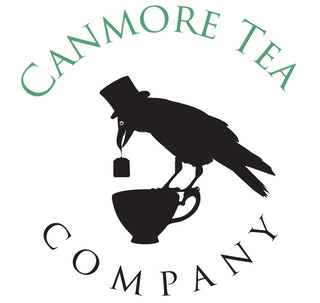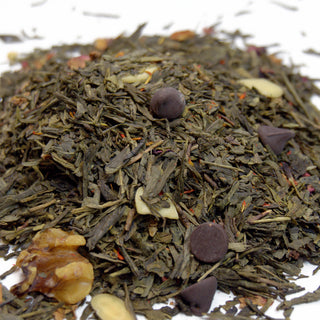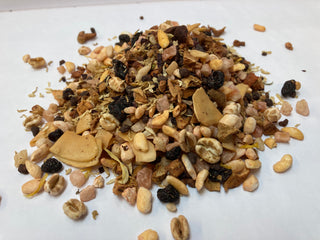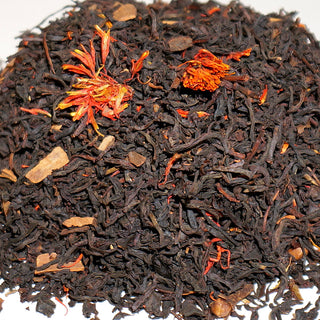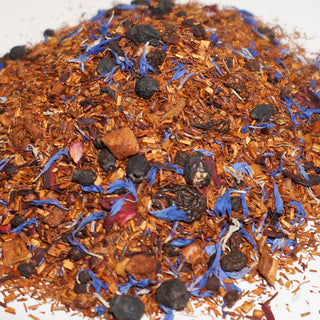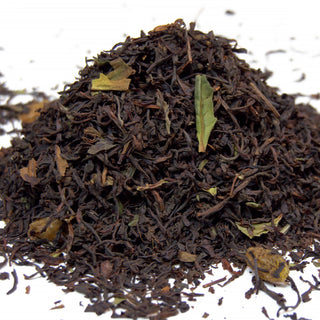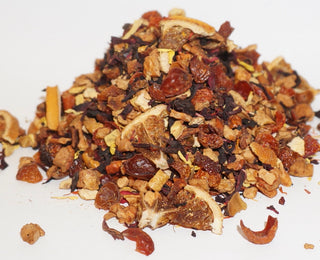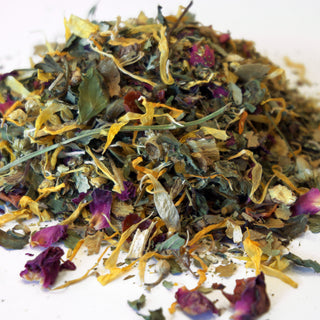Drinking tea can help you recover more quickly from the stresses of everyday life, according to a new study by UCL (University College London) researchers. New scientific evidence shows that black tea has an effect on stress hormone levels in the body.
The study, published in the journal Psychopharmacology, found that people who drank tea were able to de-stress more quickly than those who drank a fake tea substitute. The study participants - who drank a black tea concoction four times a day for six weeks - were found to have lower levels of the stress hormone cortisol in their blood after a stressful event, compared with a control group who drank the placebo tea for the same period of time.
In the six week study, particpants gave up their normal tea, coffee and caffeinated beverages, then one group was given a fruit-flavoured caffeinated tea mixture made up of the constituents of an average cup of black tea whilst the control group was given a caffeinated placebo identical in taste. Both groups were subjected to challenging tasks, while their levels of stress were measured.
When measured both groups showed evidence of similar stress levels, however, 50 minutes after the task, cortisol levels had dropped by an average of 47 per cent in the tea drinking group compared with 27 per cent in the placebo tea group.
Reference: Psychopharmacology. 2006 Sep 30; (Epub ahead of print)
Steptoe A et al. The effects of tea on psychophysiological stress responsivity and post-stress recovery: a randomised double-blind trial
Polyphenols as prebiotics
'Good' bacteria have been popularised by the huge advertising campaigns for the plethora of dairy products that claim to enhance bowel health. However, not only the oral addition of said 'good' bacteria could increase the number of bacteria in the bowel. Prebiotics have received less attention than probiotics - they are found naturally in foods like bananas, artichokes and leeks and can be best described as 'food' for the probiotic or 'good' bacteria.
Tea is not normally described as a prebiotic, but microbiologists from the National University of Singapore have been examining the prebiotic effects of tea's polyphenols. Tea is commonly known to be a rich source of polyphenols, which are widely reported to have heart health promoting benefits. In this latest study, scientists looked at faecal levels of bacteria - both good and bad - and the influence tea polyphenols had on their growth.
Different bacteria responded differently in the presence of tea's polyphenols. The growth of certain harmful bacteria were generally suppressed while good, probiotic bacteria were less affected. The authors conclude that tea's polyphenols have a positive effect on the intestinal environment by acting as a metabolic prebiotic and they could have a role to play in maintaining intestinal health.
Reference: Res Microbiol. 2006 Aug 18; (Epub ahead of print)
Lee HC et al. Effect of tea phenolics and their aromatic fecal bacterial metabolites on intestinal microbiota.

